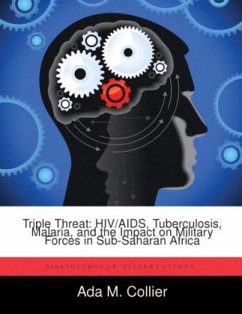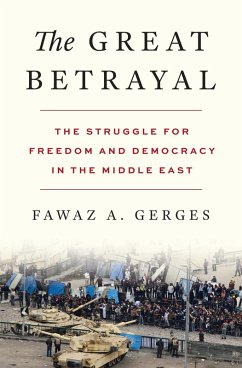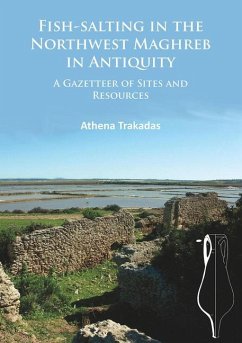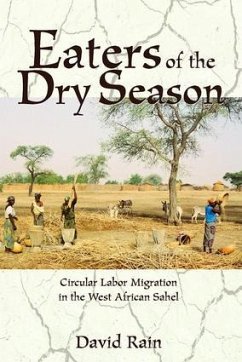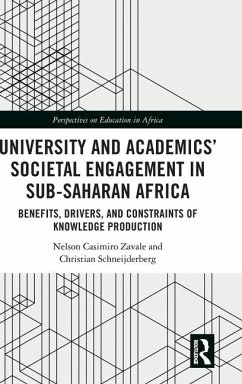
What is the Extent of Al Qaeda in the Islamic Maghreb and Where Does it Derive its Strength in the Sahelian-Saharan Region: A Case Study of Northern M
Versandkostenfrei!
Versandfertig in über 4 Wochen
52,99 €
inkl. MwSt.

PAYBACK Punkte
26 °P sammeln!
While Algeria was facing internal security issues with illegal Islamist armed groups in the 1990s, some Sahelian-Saharan states were reducing their institutional presence in their border region with Algeria. Mali was demilitarizing its northern region in application of the peace agreement with the Arab-Tuareg rebellion, opening a large corridor to all kinds of smugglings and illegal activities. The Author used the RAND study's variable of ungovernability and conduciveness to analyze AQIM in northern Mali. The importance of kinship relationship in Somalia supported the emergence of a new variab...
While Algeria was facing internal security issues with illegal Islamist armed groups in the 1990s, some Sahelian-Saharan states were reducing their institutional presence in their border region with Algeria. Mali was demilitarizing its northern region in application of the peace agreement with the Arab-Tuareg rebellion, opening a large corridor to all kinds of smugglings and illegal activities. The Author used the RAND study's variable of ungovernability and conduciveness to analyze AQIM in northern Mali. The importance of kinship relationship in Somalia supported the emergence of a new variable called "Fortified Relationships". The objective of the study was to use the RAND's variables to do an analysis of AQIM's center of gravity. The conduciveness variables constitute AQIM's center of gravity critical capabilities and "Fortified Relationships" constitute its critical vulnerabilities. This emergent variable of "Fortified Relationships" seems to be a criticalfactor, at least in an African context, and warrants further study.




